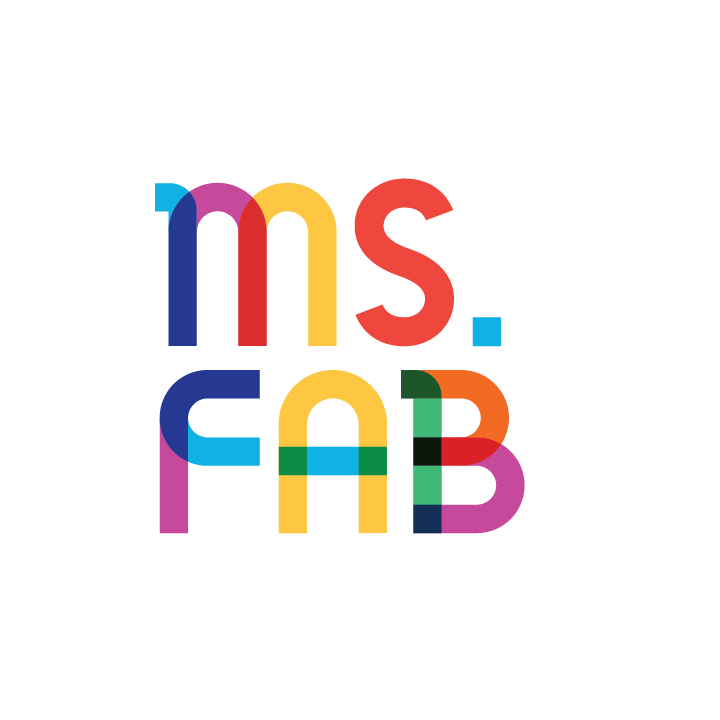The Do's & Don'ts of Creativity
There’s a common misconception that the best way to encourage children’s creativity is simply to get out of the way and let them be creative.
Here are 10 things you're doing that could hurt your kid’s creative development:
1. Saying, “You are so creative!”
This tells kids that creativity is something you either have or you don’t.
But creativity is not a natural born-talent. It’s a mindset that gives us a sense of inventiveness and excitement.
So instead of saying “you are so creative,” praise the specific action that was creative.
2. Giving projects with directions
Toys like LEGOs teach kids to follow instructions, not create new inventions.
Make sure you mix it up. Give kids activities without step-by-step directions so they can practice novel problem-solving.
Read more about why learning shouldn’t come with instructions here or watch the video below:
3. Giving projects without constraints
Too many directions hurt creativity, but so do blank canvases.
When there are no constraints on the creative process, complacency sets in. Kids might spread some paint and go for the first idea that comes to mind rather than wrestling to come up with better ideas.
Find the right balance between unstructured activities and creative challenges with constraints so that kids feel motivated to spend some more time generating novel ideas.
Try the 30 Circles Exercise!
4. Not asking questions
When you don’t ask questions, you signal to kids that what they made matters more than why they made it.
But creativity isn’t about colors and shapes. It’s about forming a unique point of view.
Make sure to ask questions so kids have a chance to share their reasoning.
Instead of saying “BRAVO!” ask your kid to walk you through the rationale behind their creation.
5. Not giving feedback
Kids can’t get better if they don’t receive meaningful feedback on their work—even their creative work!
After they explain their thought process, let them know exactly what you think they did well and where they can improve.
Remember, we don’t do kids a favor by protecting them from realizing they could have done better. So make sure to point out areas of improvement as much as accomplishments.
6. Emphasizing the product, not the process
It’s tempting to focus on the final result, but with creativity, the process matters more!
What steps did your kid take? What decisions did they make along the way? What was their inspiration? Their strategies?
Help kids hone their process and it'll serve them for life.
And if they mess up, don’t cover up for their failures. Help them recover instead. Use those moments as opportunities to model how to react and learn from failure.
7. Motivating with rewards
Rewards often seem like a great way to get kids’ attention, but they’re short-term solutions.
For long term creativity, kids need intrinsic motivation. They need passion to solve a problem for its own sake, not as a means to get something else.
8. Surveilling kids
If we hover over kids, it’s easy for them to slip into making something to please us instead of trying new ways to handle a challenge.
Let kids breathe.
Give them space to work in private so they can think, experiment, and explore.
9. Over-scheduling kids
Creativity takes time! Our brains need freedom and space to process solutions.
That’s why our best ideas often come in the shower. Our thoughts wander, making loose connections until something clicks into place and a lightbulb goes off.
Kids need big blocks of relaxed, unscheduled time to keep their interests alive and build momentum.
Look critically at your kid’s day and consider whether their scheduled activities leave enough time for relaxed play, exploration, and open-ended making.
10. Saying “Well done!” after their first try
Look at the butterfly drawings of first-grader Austin. Imagine if his teacher said “Well done!” after his first try.
Instead, they said "Great start!"
Watch this epic video to learn more:
If you liked this article, please share it with others who may find it useful!
And in case you missed it, here is my previous edition where I share Ten Tips for Cultivating Creativity by Mitchel Resnick, Director of the Lifelong Kindergarten Group at MIT.
I explore ideas like this in Fab Fridays, my newsletter on childhood education with a twist + new ways to learn.
Subscribe below!





